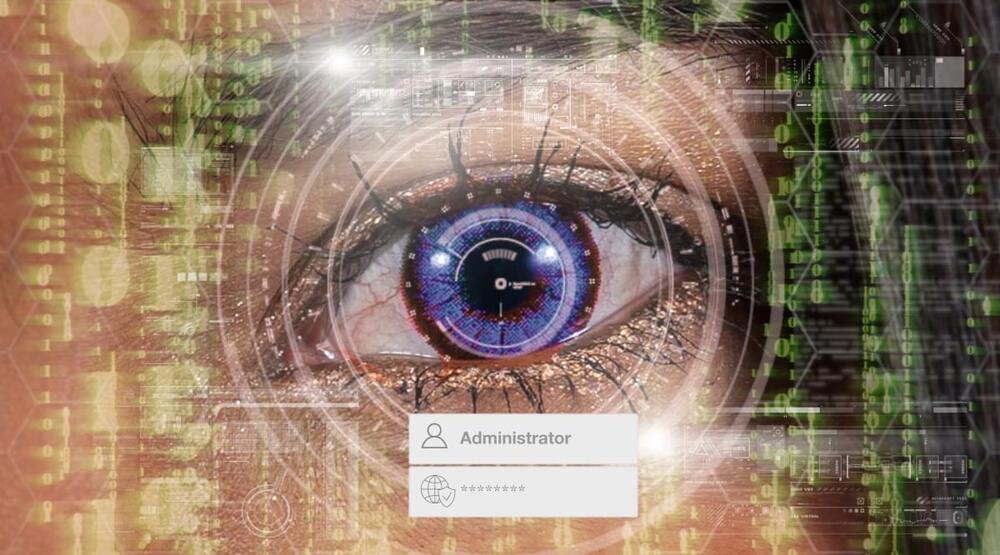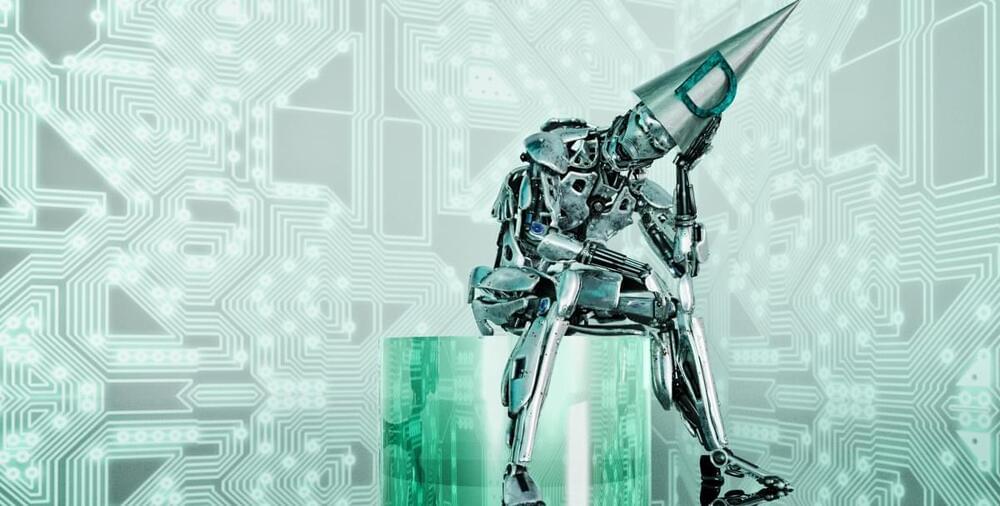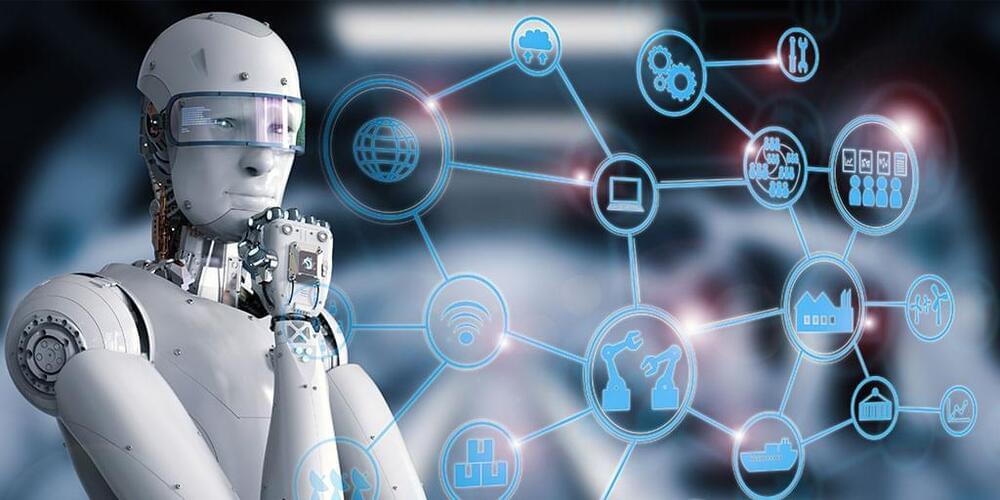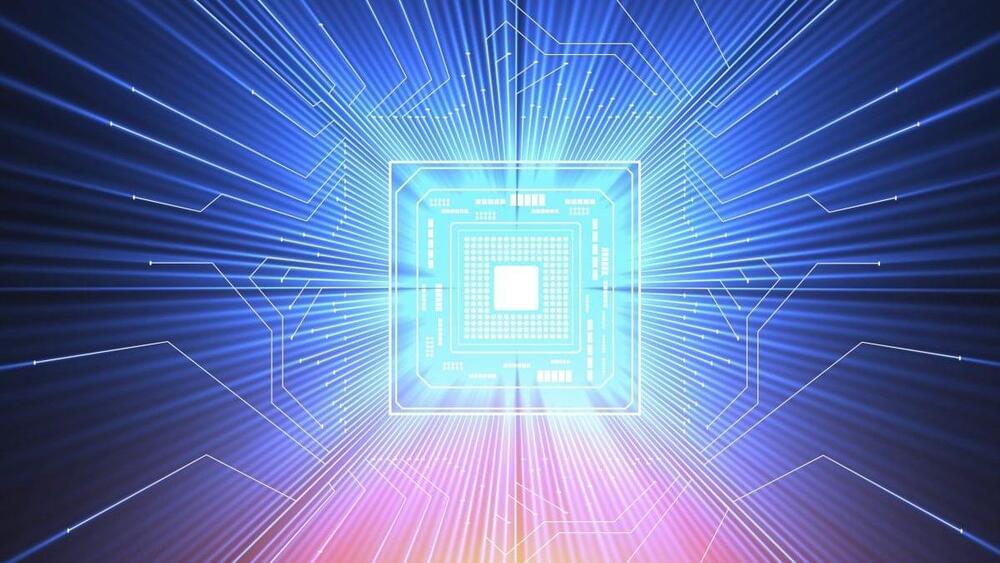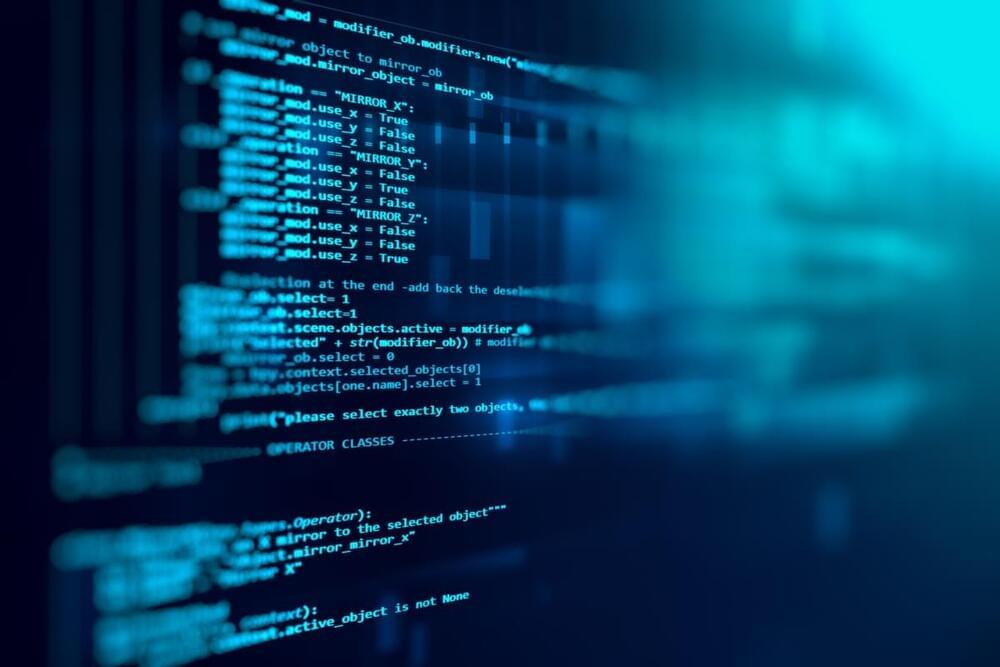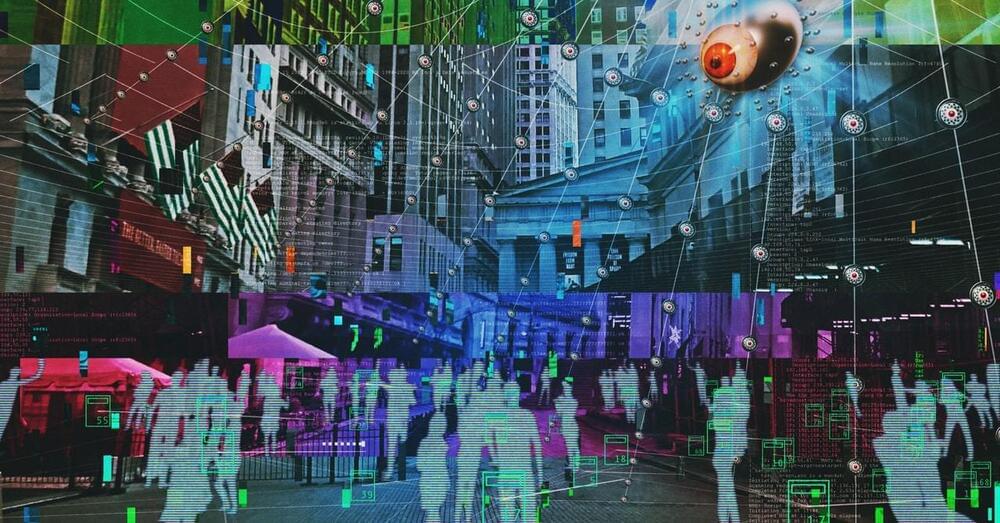Check out all the on-demand sessions from the Intelligent Security Summit here.
The faster attackers can gain control over human or machine identities during a breach attempt, the easier it becomes to infiltrate core enterprise systems and take control. Attackers, cybercriminal gangs and advanced persistent threat (APT) groups share the goal of quickly seizing control of identity access management (IAM) systems.
Impersonating identities is how attackers move laterally across networks, undetected for months. IAM systems — in particular, older perimeter-based ones not protected with zero-trust security — are often the first or primary target.
